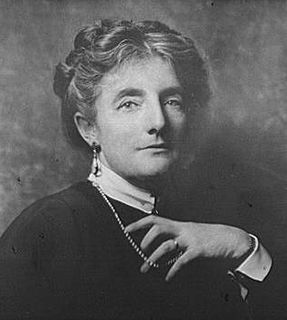A Quote by Tara Moss
Write. Start writing today. Start writing right now. Don’t write it right, just write it -and then make it right later. Give yourself the mental freedom to enjoy the process, because the process of writing is a long one. Be wary of “writing rules” and advice. Do it your way.
Related Quotes
In my mind, only one inviolable precept exists in terms of being a successful writer: you have to write. The unspoken sub-laws of that one precept are: to write, you must start writing and then finish writing. And then, most likely, start writing all over again because this writing "thing" is one long and endless ride on a really weird (but pretty awesome) carousel. Cue the calliope music.
The secret to writing is just to write. Write every day. Never stop writing. Write on every surface you see; write on people on the street. When the cops come to arrest you, write on the cops. Write on the police car. Write on the judge. I'm in jail forever now, and the prison cell walls are completely covered with my writing, and I keep writing on the writing I wrote. That's my method.
Gather knowledge about the craft of writing. Immerse yourself in the art of it. Then write. Write yourself silly. Write yourself mad. Write yourself blind. Trust the excitement that builds within you when the idea is good and the writing is superb. You can do it, but that's the hell of it as well as the exultation of it. You have to do it.
I have a process that I seem to always, to some degree, as a writer, adhere to, but I certainly have never imposed the way I write a novel on my students. When I had students, I never said, "You should never start writing a novel until you have the last sentence." I never did that, and I wouldn't do it now, but people now seem so interested in the process [of writing fiction] that I have to constantly make it clear when I describe mine that I'm not being prescriptive. I'm not proselytizing.
Well, first you have to love writing. A lot of authors love having written. But I enjoy the actual writing. Beside that, I think the main reason I can be so prolific is the huge amount of planning I do before I start to write. I do a very complete, chapter-by-chapter outline of every book I write. When I sit down to write, I already know everything that's going to happen in the book. This means I've done all the important thinking, and I can relax and enjoy the writing. I could never write so many books if I didn't outline them first.
Poets are immersed in process, and I mean process not as an amorphous blur but as a discipline. The hard work of writing has taught me that in matters of the heart, such as writing, or faith, there is no right or wrong way to do it, but only the way of your life. Just paying attention will teach you what bears fruit and what doesn't. But it will be necessary to revise--to doodle, scratch out, erase, even make a mess of things--in order to make it come out right.
For me writing is a long, hard, painful process, but it is addictive, a pleasure that I seek out actively. My advice to young writers is this: Read a lot. Read to find out what past writers have done. Then write about what you know. Write about your school, your class, about your teachers, your family. That's what I did. Each writer must find his or her own kind of voice. Finally, you have to keep on writing.
I wake up fairly early every day, by 8, for sure. Sunday is a lighter writing day than the weekdays, but I still wake up and write for about an hour, beginning right around 8. I definitely have coffee first, and then I start writing. I do think it's kind of hard to get the right level of concentration without coffee.

































